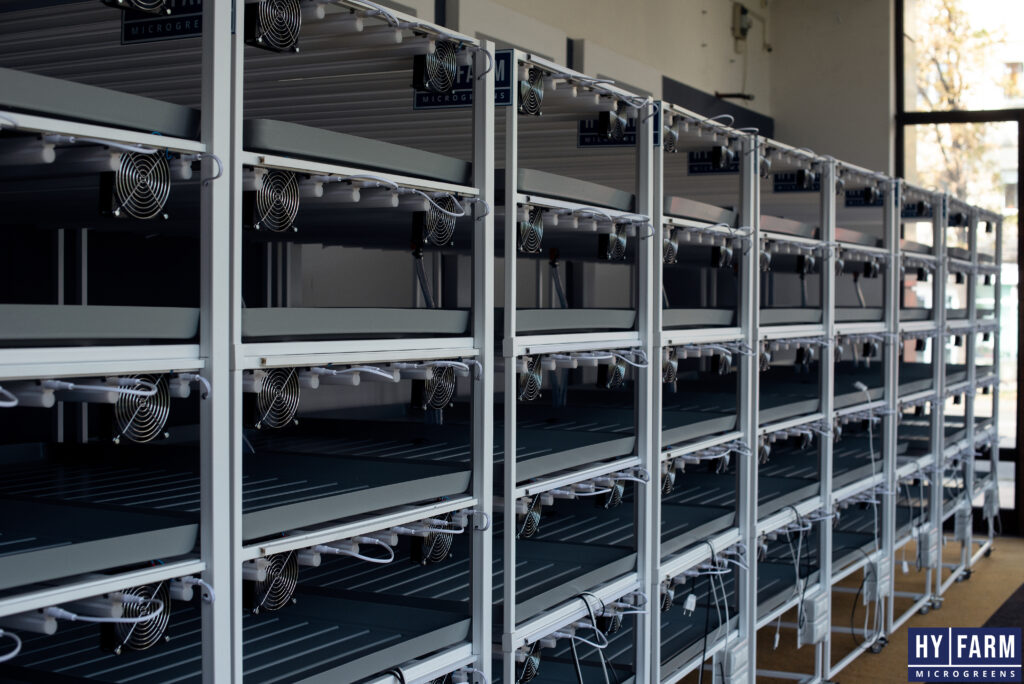In recent years, interest in urban and sustainable agriculture has grown significantly, and microgreens have become the stars of this new green wave. In Europe, this trend has not only taken root but continues to expand rapidly, supported by innovative technologies such as hydroponics. This article explores the growth of microgreens and their potential in food and agriculture, offering a valuable perspective for those interested in starting a business in this field.
Growing in popularity
The phenomenon of growing microgreens has gained ground due to their ability to be efficiently cultivated in small spaces, such as urban apartments or building rooftops. In Europe, this trend is amplified by increased awareness of environmental issues and a heightened interest in healthy eating. Top restaurants and chefs try to surprise their customers with fresh, flavorful ingredients, and microgreens fit perfectly into this landscape.
The ideal technology for microgreens
Hydroponics, the method of growing plants without soil, using nutrient solutions in water, is ideal for microgreens. This technique allows for precise control of nutrients, maximizing growth and nutritional density of the plants. Additionally, hydroponics reduces water consumption by up to 90% compared to traditional agriculture, making it extremely efficient for urban environments.
The advantages of a microgreen business
For entrepreneurs looking to enter urban agriculture, microgreens represent an attractive option. The growing demand for local and sustainable products can make this type of business profitable. Moreover, the reduced space requirements and short production cycle allow for a rapid response to market demand. Entrepreneurs can start with relatively small investments and scale the business as it develops.
Conclusion
Microgreens are not just a passing fad, but an important and growing segment of urban and sustainable agriculture. Based on technologies such as hydroponics, they offer a viable solution to the food and environmental challenges of the future. For those interested in exploring this opportunity, now is the ideal time to get involved in a business that is not only profitable but also beneficial for the planet.


